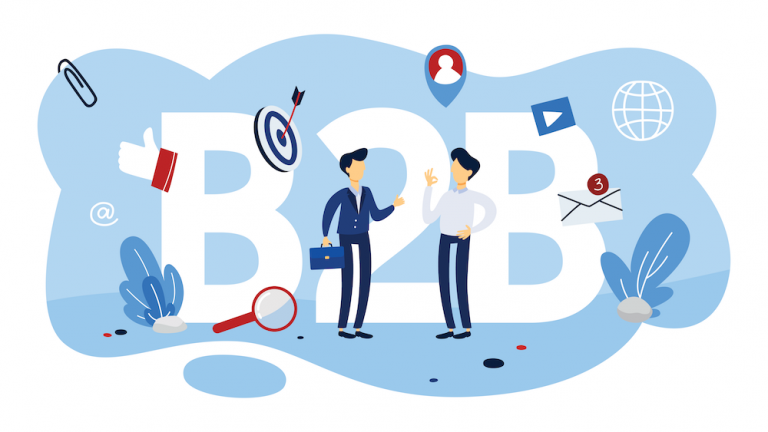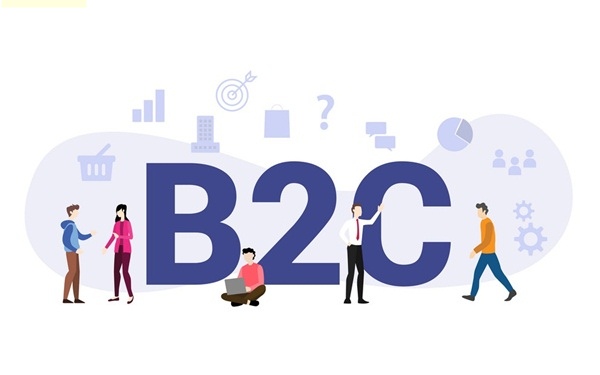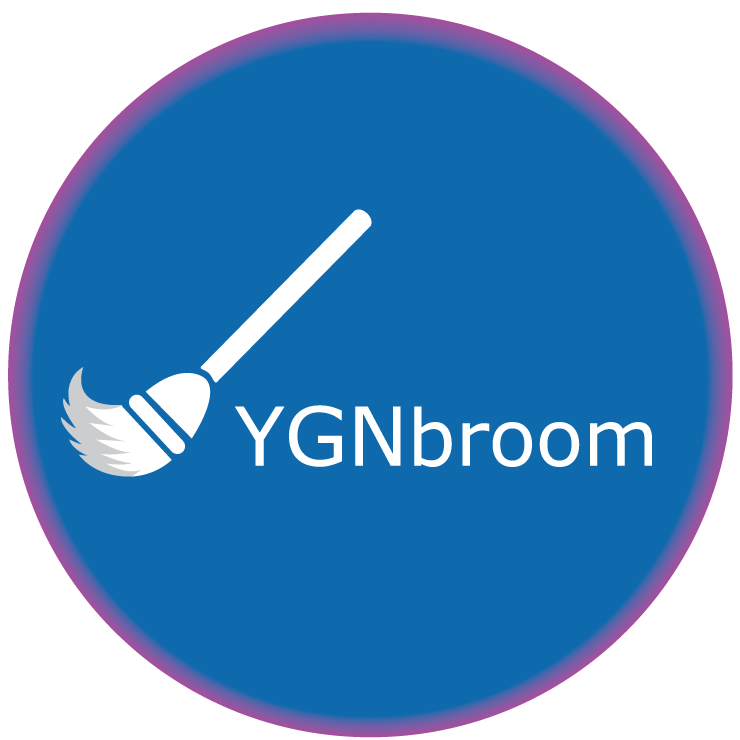WHICH IS THE BEST BUSINESS MODEL FOR YOUR STARTUP – B2B OR B2C?
Marketing business-to-business (B2B) is different from marketing business-to-consumer (B2C). Although you still are selling a product to a person, experience shows that the difference between these two types of markets runs deep.
The process of choosing which business to start is often done incorrectly and does not factor in the experience level of the younger entrepreneur or lay a foundation for the first-time business owner to grow both personally, professionally and fiscally.
The issue with many business plans is that, prior to inception, they fail to take into account certain variables that can determine whether a business has longevity, such as search engine marketing competition, the hassle and entrepreneur’s inherent ability to recruit and manage outside manufacturers as various globalization factors will flood a market.
What Is “B2B”?
B2B – Business to Business
B2B startups, also referred to as enterprise startups, are companies that sell a product or service to another company, rather than (or in addition to) individual consumers. Essentially, B2B companies are businesses built to support other businesses.
Some B2B companies manufacture a component of a final product and sell it to distributors, who then, in turn, sell it to consumers. For example, Intel sells processors to Apple for use in the Macbook Pro.
Other B2B startups sell directly to businesses, such as Flexport, a startup that helps companies with freight forwarding and shipping goods, or Salesforce, a software platform that gives other businesses insight into their sales efforts.
B2B startups often classify the companies they sell to according to company size when deciding which portion of the market to serve.
Company size is a relevant distinction because selling to very large companies often requires a longer sales cycle, a more sophisticated product, and dedicated customer support. In addition, companies of different sizes often have different needs.

Advantages of B2B business model
a) Lower Cost
As compared to any other start up business model, B2C has the lowest cost as you communicate and deal directly with the end consumer and thus eliminate the cost that many lose to brokers in between.
b) 24/7 shop and searchability
With the arrival of the digital age and e-commerce sites, the B2C startup business model now has the added advantage of having a “shop” open 24/7 in the form of the online site which also easy to search on the net and app platforms.
c) Sharing information directly with consumers
As compared to other business models, B2C has the added advantage of having direct contact with their end consumers. This enables them to share any information with them easily. In fact, you can also pitch your products directly to them via emails, apps stores etcetera.
Disadvantages of B2C startup business model
a) Limited Market
As compared to any other business model, especially the B2C model, this type of business model has a very limited market base. They depend mostly on volumes than the number of unique customers.
b) Lengthy Decision
Further, the majority of the purchase decisions in B2B businesses involve a long and lengthy process as there are two businesses involved and thus might have multiple stakeholders who need to take a decision and one or the other might raise an issue and thus take time to convince or completely say no.
c) Inverted Structure
As compared to other models, in B2B, consumers hold more power and decision making power than the sellers.
While your competition is limited, your consumers are limited as well and the majority of the times have additional demands like customizations, specifications and other things they want you to do so as to lower price rates, and in the process increase your expenditure.
What Is “B2C”?
“B2C” – means that you are selling a product or service directly to the consumer as opposed to selling a product to service to another business.
A consumer is any individual who purchases products and services for personal use.
Business to consumer, or B2C companies, sell goods directly to individuals. Some of the most popular brands worldwide, including Disney, McDonald’s, and Nike, are B2C companies.
Many consumer brands further define their market according to demographics – market segments that share similar traits. Your demographic information consists of the personal information you mark down every time you visit a doctor’s office or take an online survey.

Advantages of B2C business model
a) Lower Cost
As compared to any other start up business model, B2C has the lowest cost as you communicate and deal directly with the end consumer and thus eliminate the cost that many lose to brokers in between.
b) 24/7 shop and searchability
With the arrival of the digital age and e-commerce sites, the B2C startup business model now has the added advantage of having a “shop” open 24/7 in the form of the online site which also easy to search on the net and app platforms.
c) Sharing information directly with consumers
As compared to other business models, B2C has the added advantage of having direct contact with their end consumers. This enables them to share any information with them easily. In fact, you can also pitch your products directly to them via emails, apps stores etcetera.
Disadvantages of B2C startup business model
a) Security
When you hear of sites like Flipkart and Amazon, you also hear of things such as online fraud and identity theft. Thus, you not only have to constantly upgrade your security system to keep at top of things, but you also have to take the backlash of even one-off security breach that still takes place despite all the upgrades.
Further. while you can convince people in the cities to trust you, when it comes to smaller towns and villages, it is much harder to get people to trust you than people they meet and greet personally.
b) Limited Interaction
While you can reach out to your consumers directly via app notification, popups, and emails. it is very limited in interaction which people have one on one and which also gives you the consumer the option to physically see, smell and touch the products.
c) Competition
As compared to other startup business model, B2C has to deal with a huge competition which is present both online and offline.
While the online platform has made a huge dent in the Indian market, a huge chunk of the market is still controlled by physical shops. These shops act as a broker between B2C businesses and thus make a huge impact.
While each of these startup business models has its own advantages and disadvantages, keep in mind that choosing the right business model for your startup is a process and you will not figure it overnight.
You also need to research and research well to know what is the best business model for your startup. Keep all the options, pros and cons in front of you to know if they would make the business successful and profitable.


 July 27, 2022
July 27, 2022 


